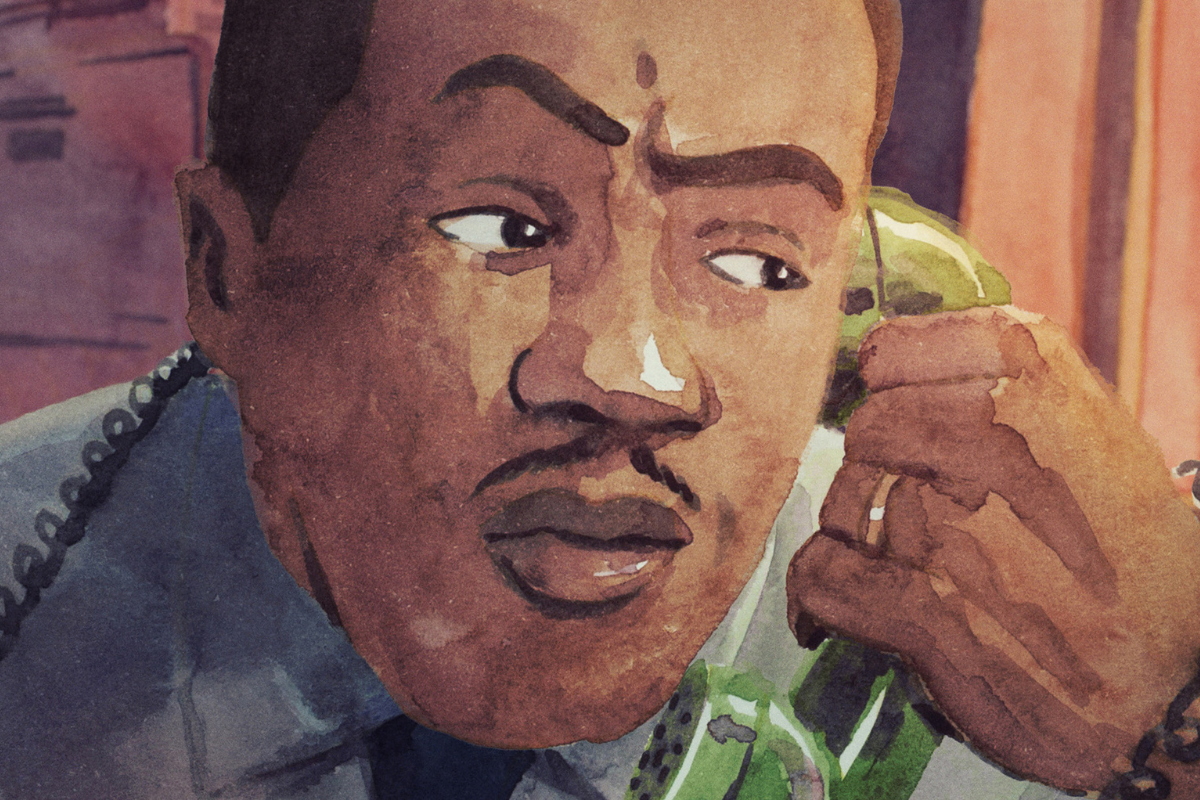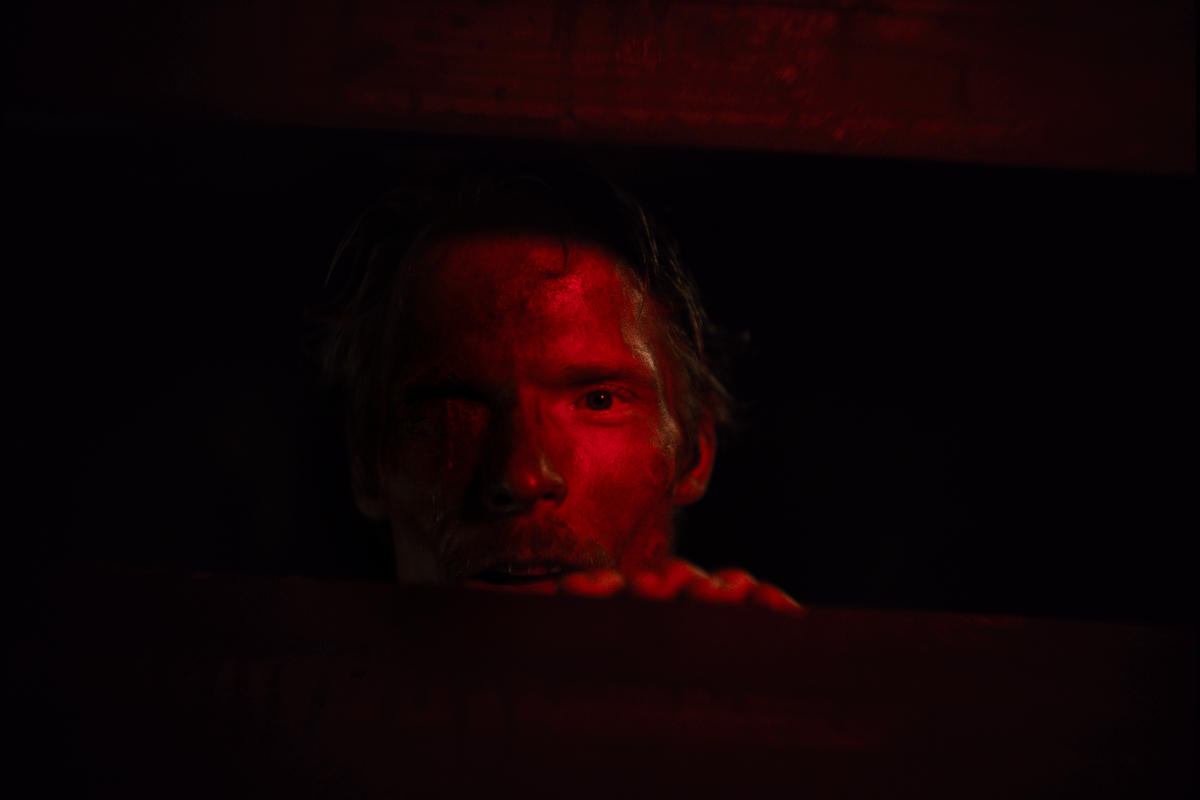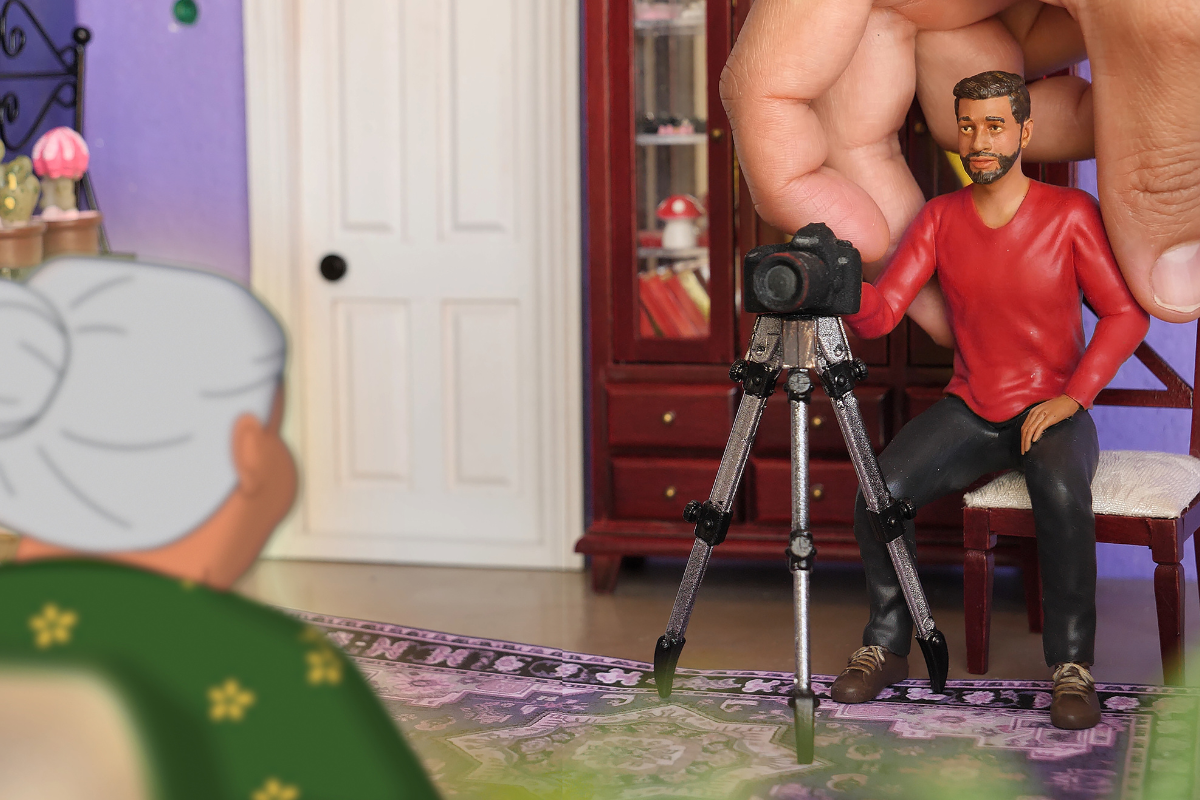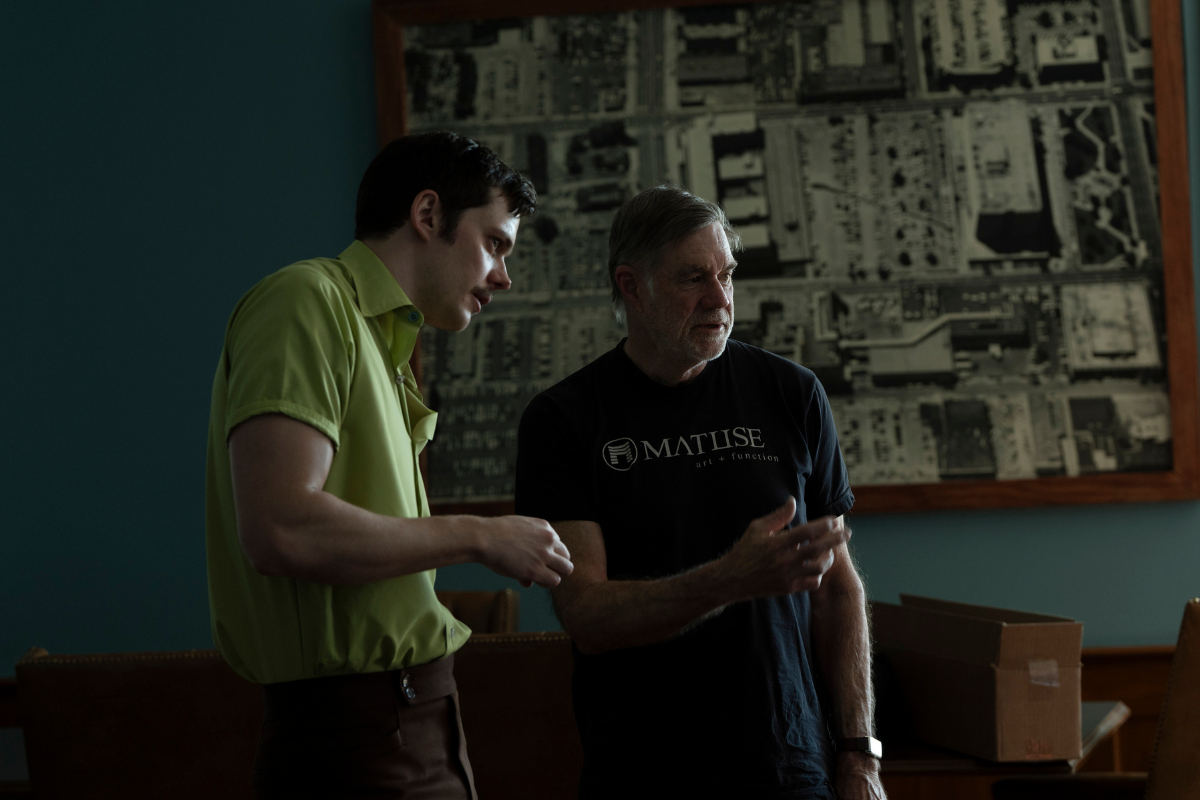Caring for ‘Audrey’s Children’: Julia Fisher Farbman and Ami Canaan Mann Shape a Medical Biopic
Screenwriter Julia Fisher Farbman and director Ami Canaan Mann share how they focused on a key part of Audrey Evans’s remarkable life to portray the whole.
When crafting a biopic, knowing someone closely has its plusses and drawbacks. Take Dr. Audrey Evans, the subject of the new feature film Audrey’s Children.
Based on an iconoclast of the 1960s, Audrey’s Children stars Natalie Dormer (White Lies) as Evans, a progressive pediatric oncologist who developed a groundbreaking system to better identify and treat neuroblastoma, a rare cancer that develops in immature nerve tissue. Evans also co-founded Ronald McDonald House Charities (RMHC), a global organization that provides free accommodations to children seeking medical treatment and their families.
“I had the privilege of knowing her my whole life,” said screenwriter Julia Fisher Farbman, whose family met Evans through their work at RMHC and the world-renowned Children’s Hospital of Philadelphia (CHOP), where Evans made her career.
Yet the more Farbman tried to write about Evans, she discovered some distance was in order, “to take my personal relationship out of it and do what’s in the best interest in the character of Audrey, inspired by the person, and not be so literal.”
Here, Farbman and director Ami Canaan Mann (In from the Cold) share how they focused on a key part of this remarkable woman’s life to portray the whole.
“Life Imitates Art Imitates Life”
Born in 1925 in York, England, Evans was a Fulbright scholar who in 1969 became the first female chief of pediatric oncology in the history of CHOP. Surgeon-in-chief C. Everett Koop (Clancy Brown, The Penguin), who would become the US Surgeon General during the 1980s, recruited Evans, making her the only woman among the top staff at a time when a woman couldn’t borrow money without a man cosigning for her.
“She was such a tenacious, focused, beautifully myopic woman,” Mann says. “She couldn’t fix the world at large, but she could focus on this one thing that she could do, and in so doing, perhaps there would be positive repercussions from that work.”
RELATED: Oscar-Nominated Screenwriter Moritz Binder Finds the Personal in the Political in ‘September 5’
Frustrated with the success rate for chemotherapy treatments, Evans in the film pursues funding for research studies, gaining allies like Dr. Dan D’Angio (Jimmi Simpson, Dark Matter), her future husband, while butting heads with others. The system she developed that classified children’s cancer by stages led to more targeted treatments, reducing the mortality rate significantly.
Farbman had been a local TV producer in Philadelphia before she co-created the series Modern Hero in 2017, featuring female role models from various walks of life. She interviewed Evans, then 92, in one episode, where Evans modestly described herself as “a woman who cared” and said, “I still have the ability to do something for the benefit of humanity.”
The views and comments the video received told Farbman this local hero could anchor a larger story. “I just felt this overwhelming calling on my heart that I was supposed to make a movie about her life.”
Farbman started with research, from the medical terms and treatments of the time to the intersection of Evans’s career and the impetus for the first Ronald McDonald House.
“Once you’re interviewing a ton of people and doing all this research, you start to find common threads,” she says, noting that Paul Gulino’s book, Screenwriting: The Sequence Approach, proved helpful. “I had a screenwriting coach that helped me a lot, and I just kept hammering away, doing table reads, just trying to figure it out.”
In the film, as Audrey, Dan, and Dr. Brian Faust (Brandon Micheal Hall, Micro Budget) analyze patient info that leads to the staging system, they tack index cards to the wall in groupings, shuffling and reorganizing them repeatedly.
“Life imitates art imitates life,” Farbman says. “I have this visual of my bedroom: the entire wall was actually notecards of Audrey’s life and bullet points. I remember my husband being like, 'Can we do this in another room?' But I do my best thinking when I’m laying down at night, and I would just stare at the notecards at night, pondering the story structure.”
Capturing Her Spirit
When Mann came aboard, she pushed Farbman to develop the script further, writing dialogue for scenes around locations such as Philadelphia’s City Hall that the director couldn’t bear not to use. That’s not always practical, Mann says, but perhaps because she started as a writer, “There’s a part of my brain that’s like, 'But what about this? How could this scene play into that?' I guess, like Julia had the cards on the wall in her bedroom, that’s always living in [my] brain.”
Audrey’s Children includes several scenes that show her breezy yet passionate demeanor. When onscreen Audrey meets Dan for the first time, for instance, she looks at his mail in his empty office with her feet on his desk. She and the hospital staff speak with patients’ parents sleeping on the hospital floor, spurring her to open her home to one patient’s mother. She later tries to buy a fixer-upper for further accommodations, claiming Brian is her husband on the owner’s doorstep.
Another scene shows Audrey take off her shoes and jump fully clothed into a pool while Koop swims laps, determined to speak to him and tired of getting the brush-off. While she didn’t actually do this, the real Evans gave the script and the casting her approval.
RELATED: Emotionally Truthful on the Page: An Interview with ‘Unstoppable’ Screenwriter John Hindman
“That’s one of the things that is very much inspired by something she would have one hundred percent done,” Farbman says. “It captures the spirit of her.”
“Everybody Deserves to Have Their Story Told”
Evans died in 2022 at age 97. The film opens just past what would have been her 100th birthday.
“I got to be with her a couple times before she passed, which was a great honor and privilege,” Mann says. “You really felt the essence of the woman. She was sharp as a tack and really present. And as a filmmaker, that becomes the objective: Can you distill the essence of a person in a story?…That’s a real testament to Julia, being able to discern, like, 'Let’s focus on this one time period'…You can sort of extrapolate from that what else she did for the rest of her career.”
Farbman says her partnership with Mann helped tremendously. “You can write a beautiful story, and then if you work with somebody who doesn’t see it the same way as you do, or they or they have a different sort of mission in mind, it can unravel before your eyes. I feel like we were united from day one in what we were trying to accomplish. … If you find the right people who believe in what you believe in, the rest takes care of itself.”
For other writers who want to tell someone’s life story, don’t let intimidation stop you, the filmmakers said.
“I think that that, in a way, all stories are biopics,” Mann says. “Everybody deserves to have a voice, and everybody deserves to have their story told.”
It’s an honor telling someone’s life story, Farbman adds. Who knows what can happen once you shepherd that into the world?
“All of us felt very strongly a responsibility to do right by Audrey and Audrey’s story,” she says. “Now, more than ever, we need a hero like Audrey to look up to. We may not cure cancer, but we certainly can make a difference in our own way.”
Audrey's Children is in Theaters nationwide on March 28, 2025.
Valerie Kalfrin is an award-winning crime journalist turned essayist, film critic, screenwriter, script reader, and emerging script consultant. She writes for RogerEbert.com, In Their Own League, The Hollywood Reporter, The Script Lab, The Guardian, Film Racket, Bright Wall/Dark Room, ScreenCraft, and other outlets. A moderator of the Tampa-area writing group Screenwriters of Tomorrow, she’s available for story consultation, writing assignments, sensitivity reads, coverage, and collaboration. Find her at valeriekalfrin.com or on Twitter @valeriekalfrin.







